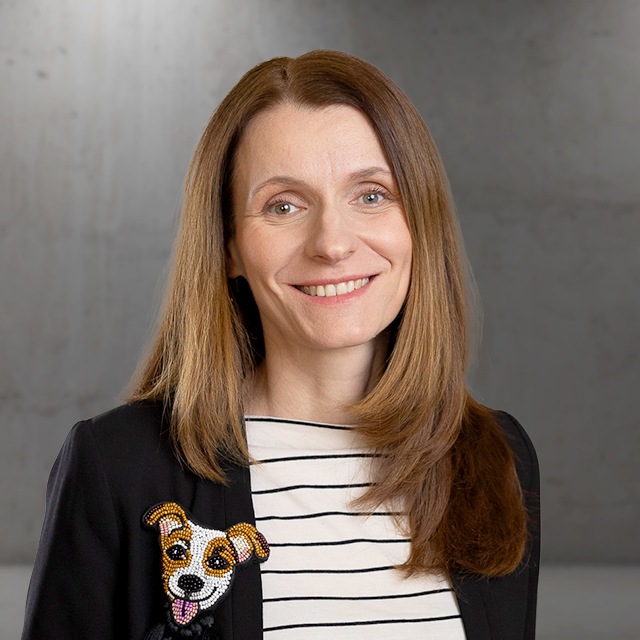The personal care brand Dove launched its fall advertising campaign "Beauty Never Gets Old", highlighting Dove soap users aged 60 and older. As usual, Dove challenges prevailing beauty stereotypes in both advertisement and society. A study conducted by the company reveals that 66% of women feel pressured to look younger. Unfortunately, age discrimination is widespread, with one in two people globally expressing negative sentiments toward older individuals.1 There is even a common belief that a 40-year-old woman is already considered to be old. In standing against age discrimination, Dove’s campaign has made aging beautiful and even glamorous. In the advertisement, experienced users share their experiences and stories, affirming that beauty is not dependent on age.
When Age is Just a Number
News, Trends
Leo Burnett Latvia
November 6th, 2024
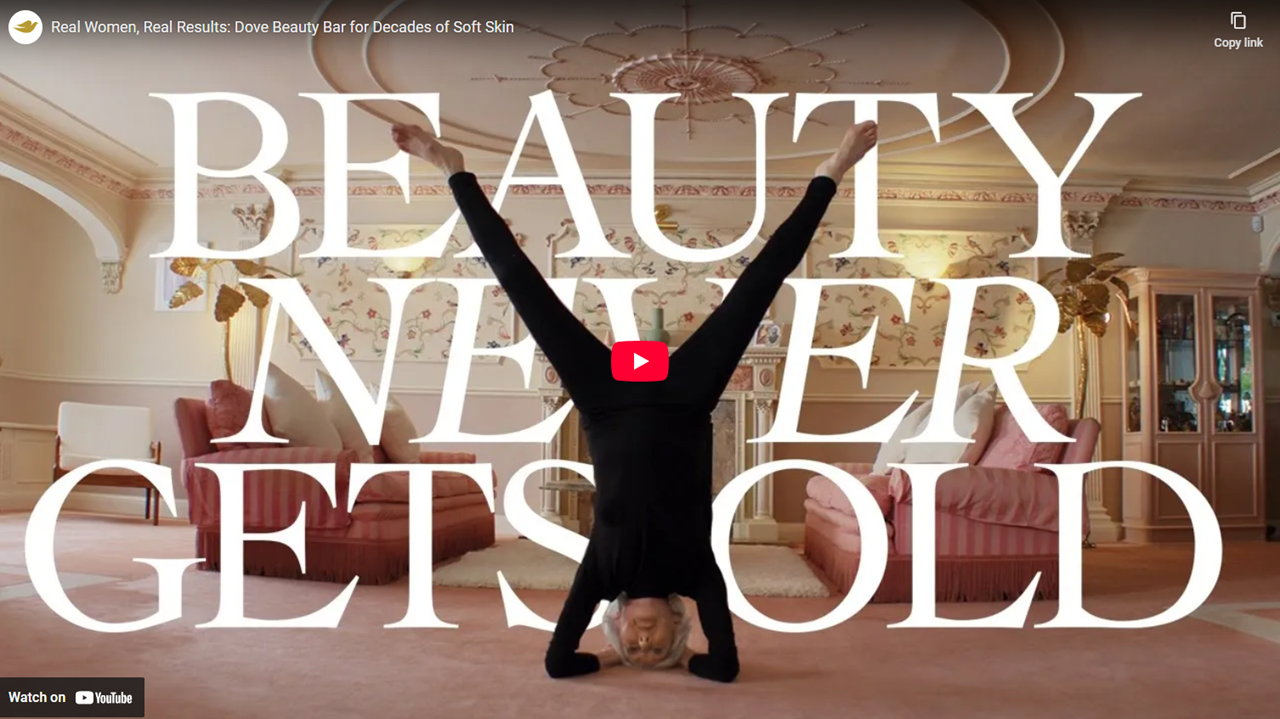
Looking at how brands include the Baby Boomer generation (born between 1955 and 1964) in their narratives and advertisements, it’s noteworthy that this demographic is mostly seen in pharmaceutical ads, emphasizing their health issues and problems. Other industries pretend the only consumers are Millenials and Gen Z’ers.
Aging
People around the world are aging. In Latvia, every fifth resident is over 65 years old.2 The aging population concerns the world, prompting the development of policies to improve demographic conditions and various support programs aimed at making older people feel "younger," such as education, retraining, or integration and engagement.
At the same time, with advances in medicine and changing lifestyles and perceptions, older adults feel good, want to live, and enjoy life. Many seniors aged 60 often assert they feel like they’re in their forties. My grandmother retired at 55 to raise her grandchildren while managing her household. Now, looking at my 70-year-old parents, I see that their daily lives are often much busier and more organized than mine. The understanding of how retirees should live has changed. With children raised and leading their own lives, and careers behind them, they can now focus on themselves, their desires, and well-being. The focus is no longer solely on grandchildren and gardening; they want to see the world through travel and learn new skills, including digital literacy.
Seniors are reshaping perceptions of retirement and older adult life. After years of fixed norms and stereotypes, the traditional retirement lifestyle is transforming. Moreover, Baby Boomers are the first generation that wants to maintain their youth. Times have changed — welcome to the era of longevity.
The Digital World
Despite Baby Boomers growing up in pre – technology era, they are quite active in the digital world. They use various smart devices, with 40% of global Boomers aged 60 and over having used augmented reality or virtual reality technologies at least once to enhance online shopping. And 42% have participated in online video gaming.3 Surprising, isn’t it?
Their activity on social networks is much more vibrant than one might think. Facebook is used by 79% of global Boomers, while more than half use WhatsApp.4 Family chats are an integral part of WhatsApp, where even older family members share their photos, videos, and messages. Interestingly, on the youth-dominated TikTok, nearly one in three (27%) Baby Boomers are active users. Furthermore, TikTok is the fastest-growing platform for this audience.
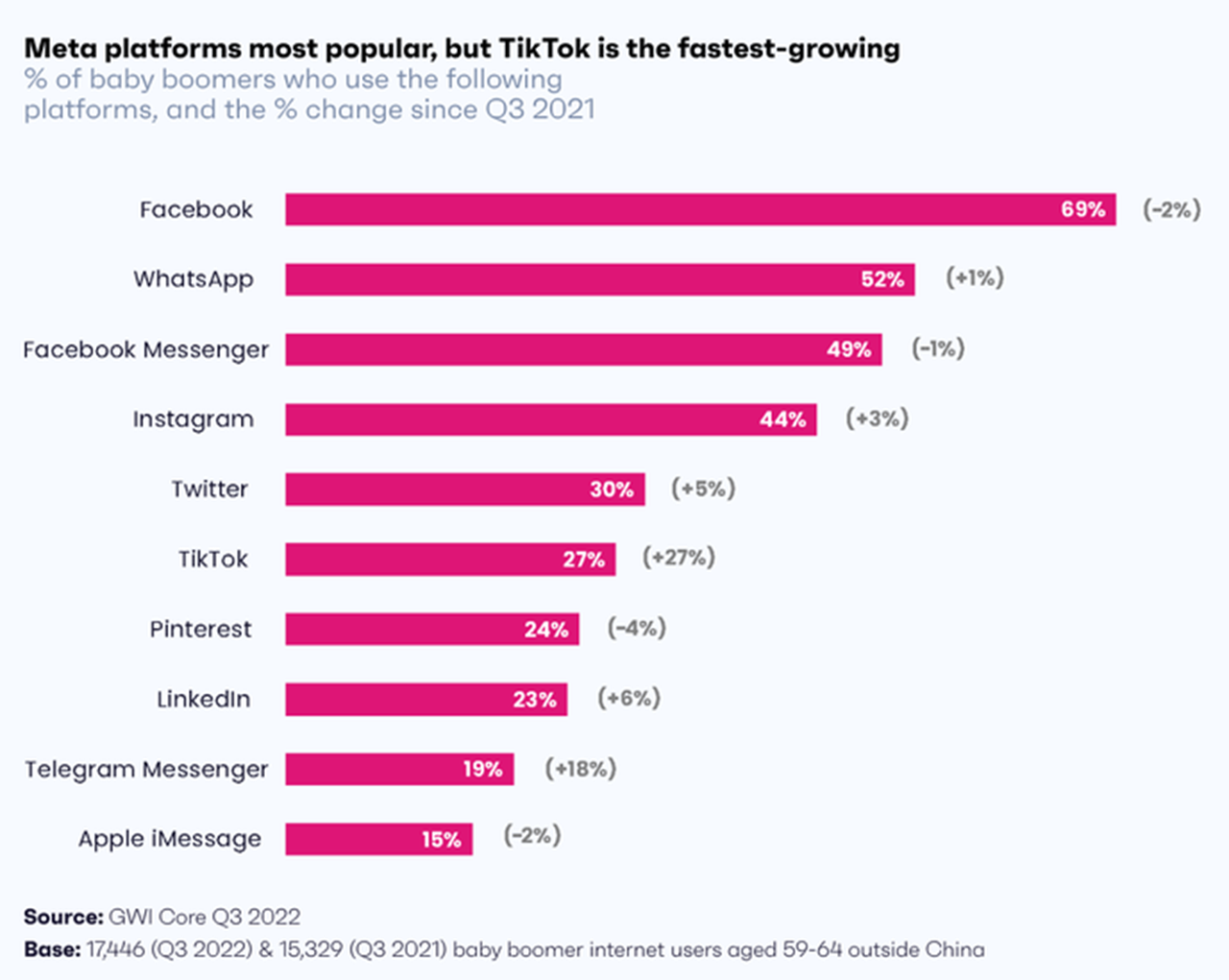
Granfluencers
Influencers representing the Baby Boomer generation have managed to attract hundreds of thousands and even millions of followers by following trends, earning the special term "Granfluencers." They break various age stereotypes with their authenticity, life experience, and positivity, which serves as their magnet for attracting followers from different generations—often Gen Z and Millennials. A grandmother speaking in familiar slang or a grandfather imitating their trends becomes relatable. It’s worth noting that many of these granfluencers have a support team — children or grandchildren — who help with filming or managing their accounts on the respective platforms.
Some brands have recognized the power of this audience and are engaging in collaborations with granfluencers. McDonald's, promoting its new Grandma McFlurry, collaborated with @retirementhouse Boomers, who have nearly 6 million followers on TikTok.
They are a group of older individuals who create fun content together. Meanwhile, the @oldgays duo, with 11 million followers, partnered with Hyundai to test and comment on the new Hyundai IONIQ 6.
Brands Advocating for Seniors
Telecommunications is one of the industries offering services tailored to the lifestyle of seniors. T-Mobile has developed special tariff plans for clients aged 55 and older, including services like fraud protection, a dedicated customer service team, and sending text messages abroad. Additionally, these plans include the latest smartphones, in contrast to competitors who still offer flip phones with large buttons. As former T-Mobile CEO John Legere stated, "This generation deserves respect!" The local brand Zelta Zivtiņa is the only one one the Latvian market that offers a special tariff plan specifically for seniors.
Despite the beauty and fashion industries largely "ignoring" older consumers, John Lewis has used models of various generations, including Baby Boomers, Additionally, fashion icon Iris Apfel, who we lost this past spring at the age of 102, was known for her bold dressing style and large round glasses. In 2011, when she was 90, she became the face of the cosmetics brand MAC. More recently, two years ago, she became the advertising face of the H&M brand, celebrating her hundredth birthday.
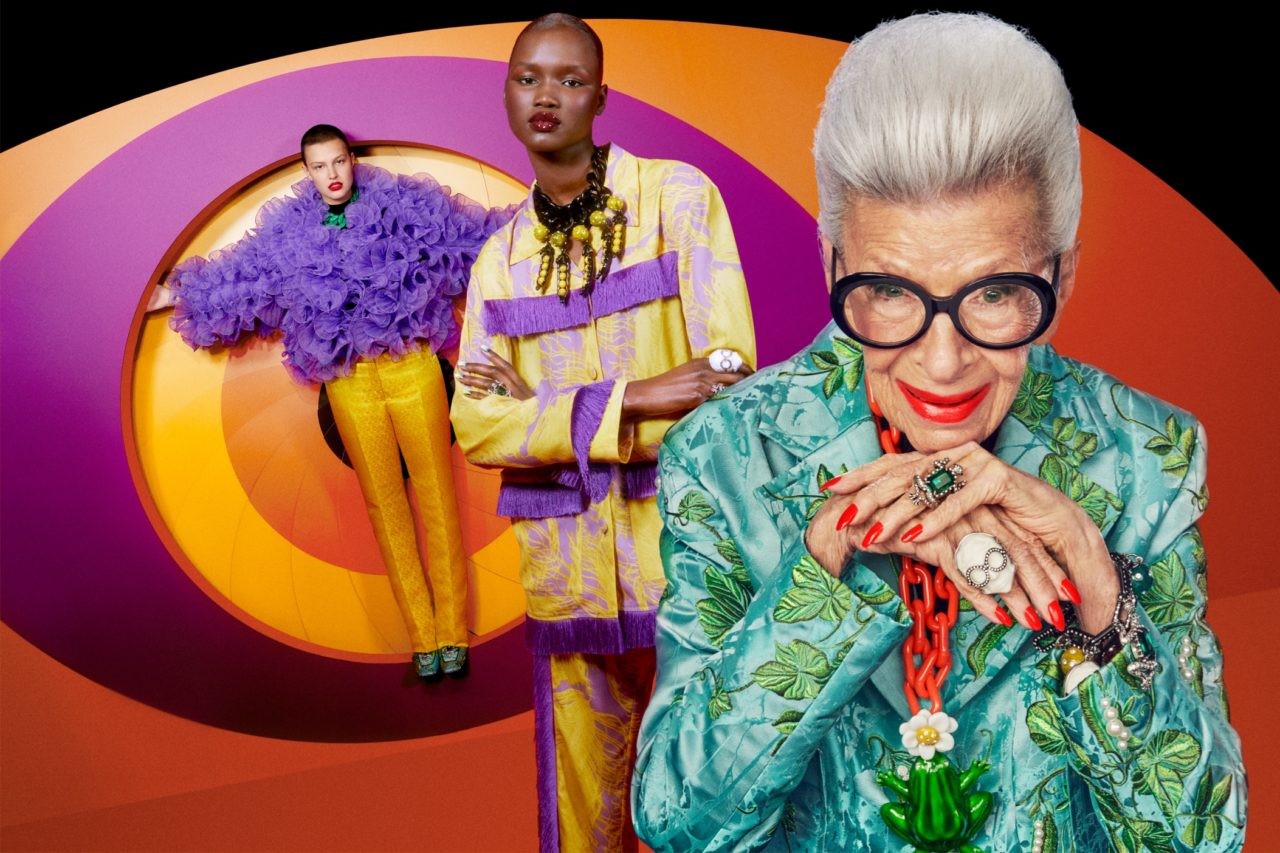
Source: harpersbazaar.com
Innovations
The longevity trend and the large Baby Boomer population present excellent opportunities for the creation of new products and innovations, both from the perspective of meeting needs and demand.
Current innovation directions include technologies that ease home life and help maintain and improve health and well-being. With the increase in financial scams, financial security services are more relevant than ever. Educational technologies and solutions are also essential. Notably, innovations in these areas are plentiful, especially concerning seniors' well-being and health improvement, as well as mobility. The goal is to help ensure and maintain quality of life. For example, Easy Jet holidays offers a Grans go free service for families to ensure that all generations of families can travel together, based on the Kids go free service.
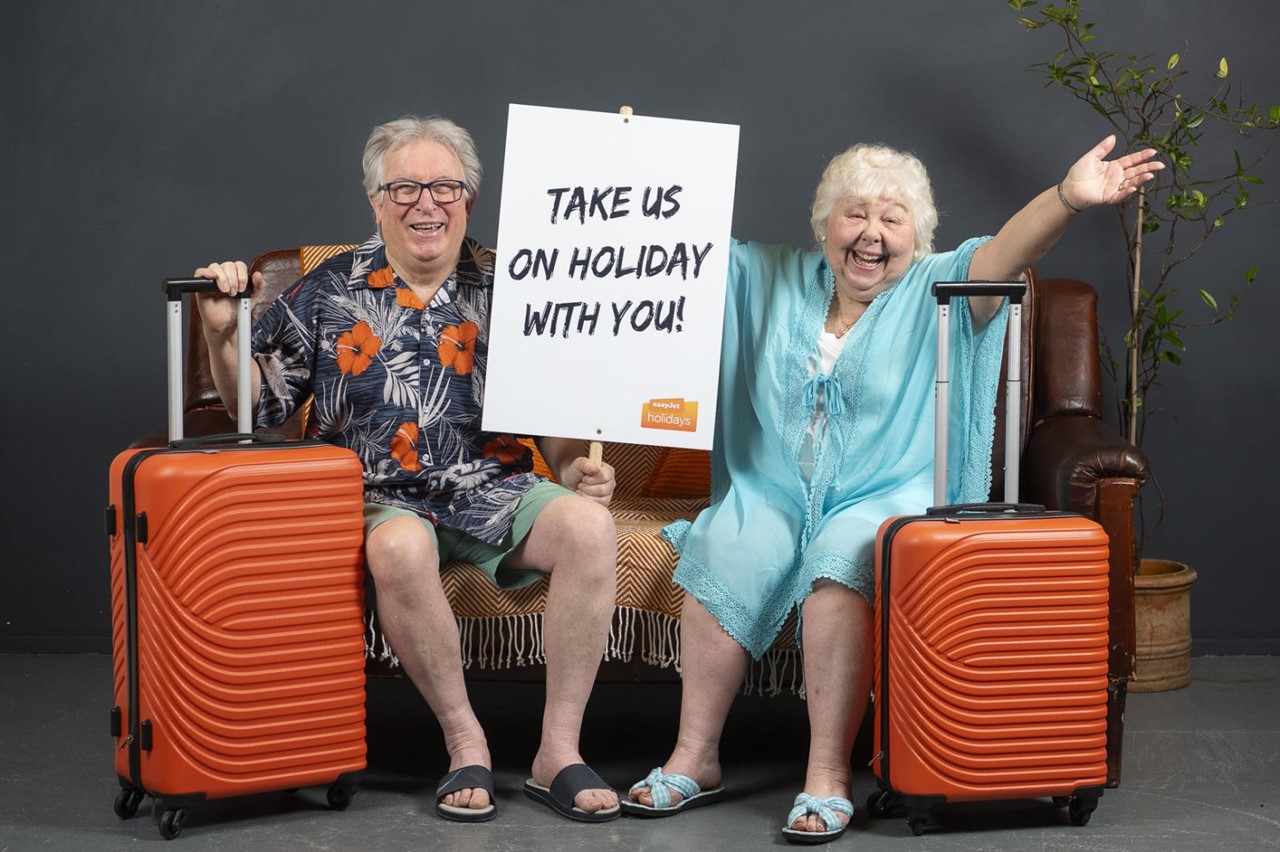
Source: Easy Jet
It is a significant mistake that the concept of "aging" is not normalized in advertisements, social platforms, and media. The rejection of older individuals creates a persistent fear among young people about growing old. To reduce age discrimination, education should begin at the childhood and youth level. Negative stereotypes about aging must be changed in the minds of young people, discussing how each of us can impact our future quality of life, as the era of longevity is here to stay.
It is encouraging to see the brave Baby Boomers actively sharing their timely lives on social platforms and other initiatives, inspiring young people. Furthermore, brands, considering this generational transformation, have excellent opportunities for creating or positioning their products for business growth.
References:
1 World health organization
2 Central Statistical Office of Latvia
3 Euromonitor Voice of Consumer: Lifestyles Survey 2021
4 GWI Core Q3 2022
OTHER ARTICLES
Is luxury democratized?
Why Are Adults Returning to Childhood Toys – and How Can Brands Leverage It?
Supporting communication for the puppet theatre performance “Light, I hear you”
From Stigma to Value: How Solitude Becomes a Business Opportunity
What do brands need to know about the anatomy of modern relationships?
Consumer Trends For 2025
When Age is Just a Number
Alphas – A Generation with Influence from Childhood
Transformation of Culture in the Era of Social Networks
Artificial Intelligence – to love or to hate
Youth and money
Sustainability in the Fashion Industry
How can brands help people save?
A social campaign created in Latvia gets 34 awards at Cannes Lions and other festivals
SĀGA: A Place Where Stories Begin
Autopilot Whopper: When AI Craves a Burger
How a Nation Sang Its Way Into the Next Century: The ELEKTRUM “Sing100”
When Ticks Slide into Your DMs: How We Hacked Instagram to Raise Vaccine Awareness
